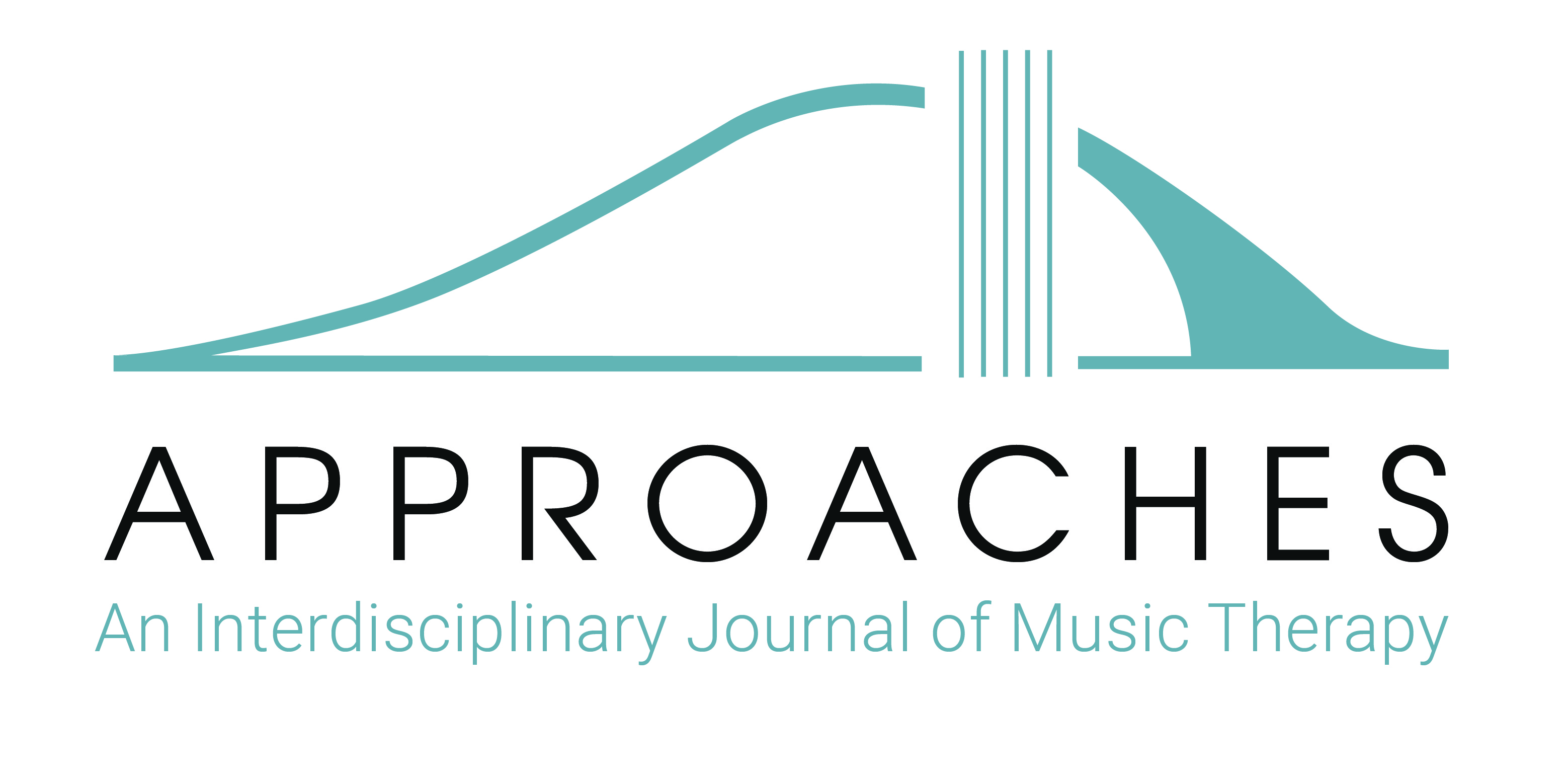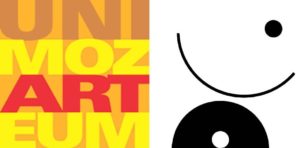Austria | www.orffinstitut.at | www.moz.ac.at/department.php?o=18645&l=en
The Orff Institute for Elemental Music and Dance Pedagogy, Mozarteum University Salzburg kindly sponsors the work of Approaches. To keep up-to-date with the events organised by the Orff Institute for Elemental Music and Dance Pedagogy, Mozarteum University Salzburg, see the list of upcoming events.
The Orff Institute – founded in 1961 by Carl Orff – regards the reciprocal relationship between music, language and dance as the basis for musical socialisation, development of the whole person, of individual creative potential as well as artistic expression. In using music, dance and language equally it is a unique training institution for music and dance pedagogy with connections all over the world. For over 50 years the institute has set national and international impulses and standards in music and dance pedagogy.
The Institute is committed in particular to the academic as well as the transdisciplinary artistic work in music, dance and language. The institute sees its duty to develop Orff-Schulwerk innovatively, based on its long tradition, and, through the documentation of artistic, pedagogical and research work, to keep it alive.
The Orff Institute offers:
- Bachelor and Master study programmes in German (4 years/2 years)
- Postgraduate course “Advanced Studies in Music and Dance Education – Orff-Schulwerk” in English (9 months full-time)
- Professional development courses in German (8 weekends a year)
- One week International Summer Courses in July in English
- International Orff-Schulwerk Symposia every 5 years
Focal points are:
- The integration of music and dance within artistic and pedagogical areas
- Combining experiential “hands-on” oriented teaching with theoretical support in reflection and analysis.
- Practical orientation by observing and participating in groups for people of different age groups and of differing abilities, as well as working together in social and special pedagogical establishments and primary and secondary schools.
- Individual arrangement of studies with diverse optional choices and possibilities for concentrated studies in one area e.g. within the Bachelor study programme: Dance; Instrument/Voice; Music and Dance in social work and inclusive pedagogy.

